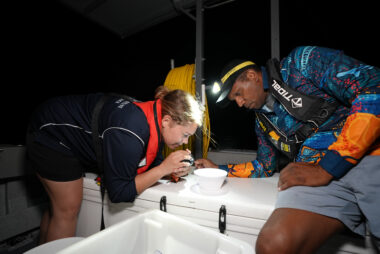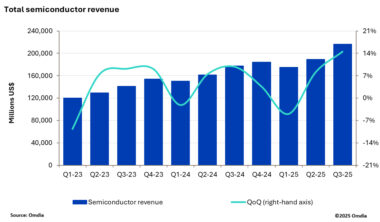What:
UNSW Sydney has established a Bachelor of Aviation - Remotely Controlled Aircraft Systems (or drones).
We are hosting a media opportunity to showcase one of our Bachelor of Aviation (Remotely Piloted Aircraft Systems) students who is currently working with SLS NSW operating drones for the summer shark patrol season.
Where and When:
9am at Dee Why Surf Life Saving Club on Tuesday, Tuesday January 28th
Who:
• Bachelor of Aviation (RPAS) student, Josh Orr
• Dr Graham Doig, Senior lecturer at UNSW School of Aviation who helped design the new degree
• James Bassam, AUAVS Operations Manager at Surf Life Saving NSW
Media contact:
Yolande Hutchinson, UNSW External Communications
Mob: 0420 845 023
Background information:
The drone industry is experiencing an unprecedented surge in innovation and adoption. Once considered the playthings of hobbyists, drones are now reshaping industries from agriculture to emergency operations.
Analysis commissioned by Airservices Australia predicts the annual number of drone flights in Australian skies will surge from 1.5 million a year in 2023 to 60.4 million a year by 2043.
The report also predicts that by 2043 Australian farmers will be making 500,000 drone flights annually to monitor crops, while drones will make 1.5 million food deliveries to Australian households. In emergency services, it’s expected more than 300,000 flights will be made annually to support frontline police and 80,000 flights in support of surf lifesavers.
With this unprecedented growth, a host of new job opportunities have taken flight, requiring a unique blend of technical expertise, regulatory knowledge, and practical skills.
UNSW Sydney’s new Bachelor of Aviation (Remotely Piloted Aircraft Systems) differs from traditional courses by mixing hands-on experience with teaching students how to think creatively and embrace a sector disrupting itself every few years.
Students graduate with both a remote and recreational pilot’s licence – with 40 hours of flying time in both – as well as taking modules in management, programming, information systems and aviation law. It aims to give students the transferable skills to embrace a variety of career options when they leave.
“This new degree differs from traditional programmes by mixing hands-on experience with teaching students how to think both critically and creatively, while embracing a sector which is going through massive growth,” Brett Molesworth, UNSW’s Head of School of Aviation said.
“Operational competence and critical thinking are essential in traditional aviation. In the new and emerging area of drones, creativity is also important. We want to develop leaders who can solve the problems of today and tomorrow.”
One of the practical components of the degree includes training with Surf Life Saving NSW. SLS NSW use remotely piloted aircraft to not only search for missing swimmers but to spot sharks, map the beach, and even assist in flood and fire emergencies. Students get to learn directly from the people changing the industry, rather than simply memorising theory.
Spokespeople available for interview:
• Dr Graham Doig, UNSW Sydney
Dr Graham Doig is a senior lecturer at the School of Aviation and head of UNSW’s new drone program. The experienced aeronautical engineer founded his own start up in California developing long range large electric cargo drones, working with the US Air Force, the National Science Foundation, and the Australian Government to advance novel aerodynamic technologies.
He says aviation is experiencing a once-in-a-hundred-year revolution, as electrification and automation provide an opportunity for aircraft to become truly democratised.
“In ten years, there will absolutely be large autonomous aircraft flying around Australia. There are these moments in technology where Australia can lead, or it can follow, and I think we are just so well positioned. This moment in history is pivotal.”
• Joshua Orr, Student
Josh is an 18-year-old first-year student enrolled in B. Aviation RPAS. He started working at SLS Freshwater when he was 16 and worked his way up to drone operator patrolling for sharks. He says the benefit of studying this new degree is learning about airspace regulation, the general rules on how to fly aircraft and getting management experience. Josh says he aspires to run a drone operating division after graduating.
“Doing the crude flying, you understand a lot of what planes are going to do because you're flying. If you're flying more complex drone operations or even just flying normally, you still use the airspace maps to figure out where you can and can't fly. You’ll know what the planes are doing if you're flying near an airport.”
• James Bassam, AUAVS Operations Manager at Surf Life Saving NSW
Since 2017, drone operations at SLS have ballooned into a major operation employing 400 pilots to monitor 50 permanent locations. James, who’s also a former pilot, says culture, safety reporting and incident investigation have grown in maturity since the organisation first started using drones.
“Before, we were just surf lifesavers who picked up drones as a tool,” he said. “That’s why it’s important we integrate drone operations with traditional aviation theory and experience for future industry needs.”


